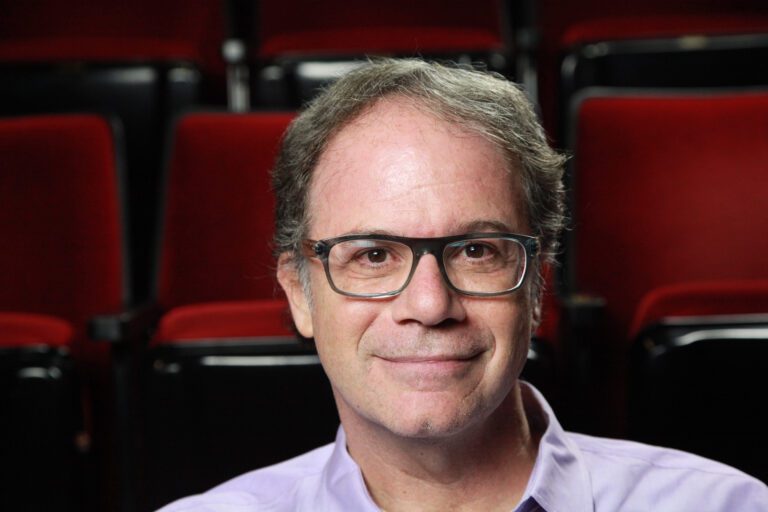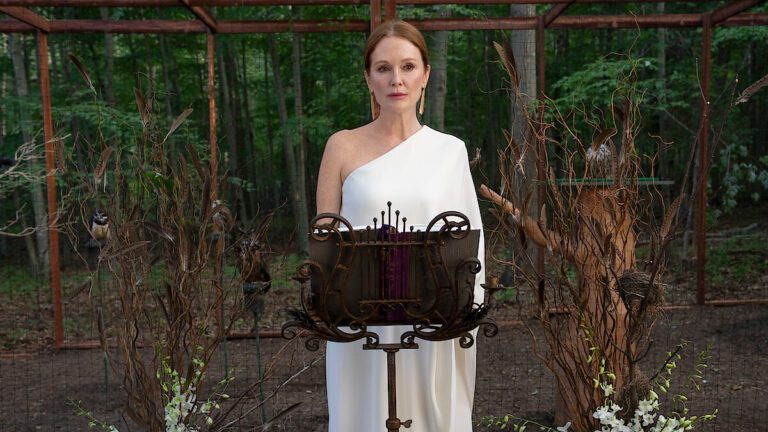For those of us in the arts, 2024 was a slow, strange year. We began by coming out of two historic strikes as the industry continues to rebuild itself after the pandemic. Although lots of us have experienced a slowdown in auditions, or at least different audition years than in the past, we don’t know what 2025 will bring.
That being said, if you’re like me, whenever the industry slows down (whether it’s seasonally or because of something larger at play), you can start making lists of all of the tasks you can do that will get you closer to your acting goals that you don’t always have time for.
As you know, financial wellness is the key to your career longevity as an artist, and I want to give you 3 money moves you can make for your acting career when the industry is slow.
Insights: Here’s What You Can do When the Industry is Slow
- Perform a financial audit to streamline accounts, track spending, and set financial goals that support your acting career.
- Learn about investing and open a retirement account; start with small investments to build your future financial security.
- Identify and pursue alternative flexible income streams that align with your acting lifestyle and reduce financial stress.
1. Give Yourself a Financial Audit
An audit is an official inspection of your accounts. Giving yourself a financial audit means going through all of your bank accounts, spending and money goals to take stock of what’s there, and to make sure you’re headed in the right direction.
The first step is to pull up every account that you have money sitting in, plus any loans or credit card accounts you have. Do all of your bank accounts have a purpose, or can you consolidate some? Is there an old 401k you need to roll over? When was the last time you checked on your debt repayment schedule?
The second step is to assess the coming and going of your money inside each of these accounts. Do you like how your money is being spent? Are you utilizing all of the subscriptions you’re paying for? When was the last time you shopped around for car insurance or asked for a retention offer from your wireless carrier? Are you making more money than you are spending over the course of one year?
And the final step is to check in on (or create) your money goals, and see if they are in alignment with what’s currently going on in your financial life using the info you’ve collected from the previous two steps.
Here are some examples of money goals you can set:
- Getting three months ahead on bills (so you don’t stress when your income fluctuates)
- Having $1,000 invested by age 30
- Upgrading your apartment (and therefore increasing your cost of living)
- Paying off debt so you can put those monthly payments toward acting classes instead
- Getting consistent on what you spend month-to-month
If you feel yourself avoiding this task, listen to this episode on the Not Starving Artists Podcast, where you’ll learn how to make looking at your money fun and easy.
Financial anxiety is the biggest culprit of creative burnout, and most of it comes from not being fully aware of what’s going on in your bank accounts.
When you don’t understand what’s happening, it’s hard to make meaningful change. Doing a financial audit is one of the best gifts you can give to your creative career.
2. Set Up a Retirement Account and Invest Your First $20
“Retirement” and “investing” can feel like daunting words for artists who weren’t handed a 401k with a steady nine-to-five paycheck. You know you should be doing these things, but you have no idea where to start or what to do.
The good news is that it’s fairly simple to do once you understand how it works. It’s the “understanding how it works” part that takes a bit more time, and the overwhelm you might feel about these topics can make it easy to put it off.
When the industry is slow, it’s a great time to educate yourself on investing. Just one hour of research a week and learning during the holiday season will turn you into a confident investing expert, putting your first $20 toward retirement with ease.
You could scroll through an Instagram page with bite-sized investing knowledge like @personalfinanceclub run by Jeremy Schneider, do a deep dive in a self-study course like Amanda Holden’s Invested Development or pick up Erin Lowry’s book Broke Millennial Takes on Investing.
Investing just $20 a month into an index fund inside of your retirement account will turn into almost $40,000 over 30 years, and you will only have put in around $7,000 of your own money! That’s the power of investing—a little goes a long way when you start early (calculation done via investor.gov at a 10% interest rate).
Once you understand how investing works and you have your own retirement account open, it will be so simple for you to make larger transfers when the industry picks back up and you get your next acting paycheck—all you’ll have to do is click “submit transfer.”
3. Find a New Flexible Stream of Income
Most actors have the desire to increase their income, or they at least want to find a new way to make income that allows for more day-to-day flexibility and ease. Finding a parallel career or day job that compliments your actor lifestyle, or at least doesn’t conflict with it too much, is a must, as is living life as a not-starving artist (aka not living paycheck to paycheck or going into debt for your artistry).
As I’ve said before, financial stability and ease is one of the best ways to give your artistic career longevity and let you go into audition rooms without desperation (which is usually when you end up booking the job).
However, pivoting into a new job or starting your own business may take more than just a couple hours of research after work one day, which is why this is a great money move to lean into when the industry is slow.
First, journal on what your ideal day job or parallel career would be. How much would it pay? How many hours would you work? Would it be remote or on location? What kind of work would you want to be doing? Do you want it to be something that fuels your soul, or something more like clock in, clock out?
Next, make a list of at least ten things you could do this week to move toward this dream job description. Here are some examples:
- Watch a YouTube tutorial on how to set up a simple website
- Email my favorite indie author to see if they need a virtual assistant
- Spend 30 minutes looking for job descriptions that match the one I wrote
- Set up a coffee date with an acquaintance who works in a field I’m interested in
Now you can actually start taking meaningful action toward a job or income pivot that will create a more aligned lifestyle for you with your acting career.
Taking action like this is one of the best ways to make a lofty goal like “make more income on a flexible schedule” feel attainable. Once you clear off your first ten action items, create another ten. Repeat the process until you’ve got that new flexible stream of income!
It’s never fun when the industry slows down. As actors, we all want to be auditioning and working constantly. That said, when you utilize this time to make money moves that actually help support your acting career, you will have more confidence and flexibility to jump on opportunities when the industry does pick back up.
Your financial wellness directly impacts your artistic life, so make the most of the time when auditions are slow by giving your money the same love and care you give to your self tapes.
Thinking about joining Casting Networks? Sign up for a free trial today!
You may also like:














